Beyond The Fast Lane: Exploring Fashion Brands Committed To Sustainability And Quality
Beyond the Fast Lane: Exploring Fashion Brands Committed to Sustainability and Quality
Related Articles: Beyond the Fast Lane: Exploring Fashion Brands Committed to Sustainability and Quality
Introduction
In this auspicious occasion, we are delighted to delve into the intriguing topic related to Beyond the Fast Lane: Exploring Fashion Brands Committed to Sustainability and Quality. Let’s weave interesting information and offer fresh perspectives to the readers.
Table of Content
Beyond the Fast Lane: Exploring Fashion Brands Committed to Sustainability and Quality
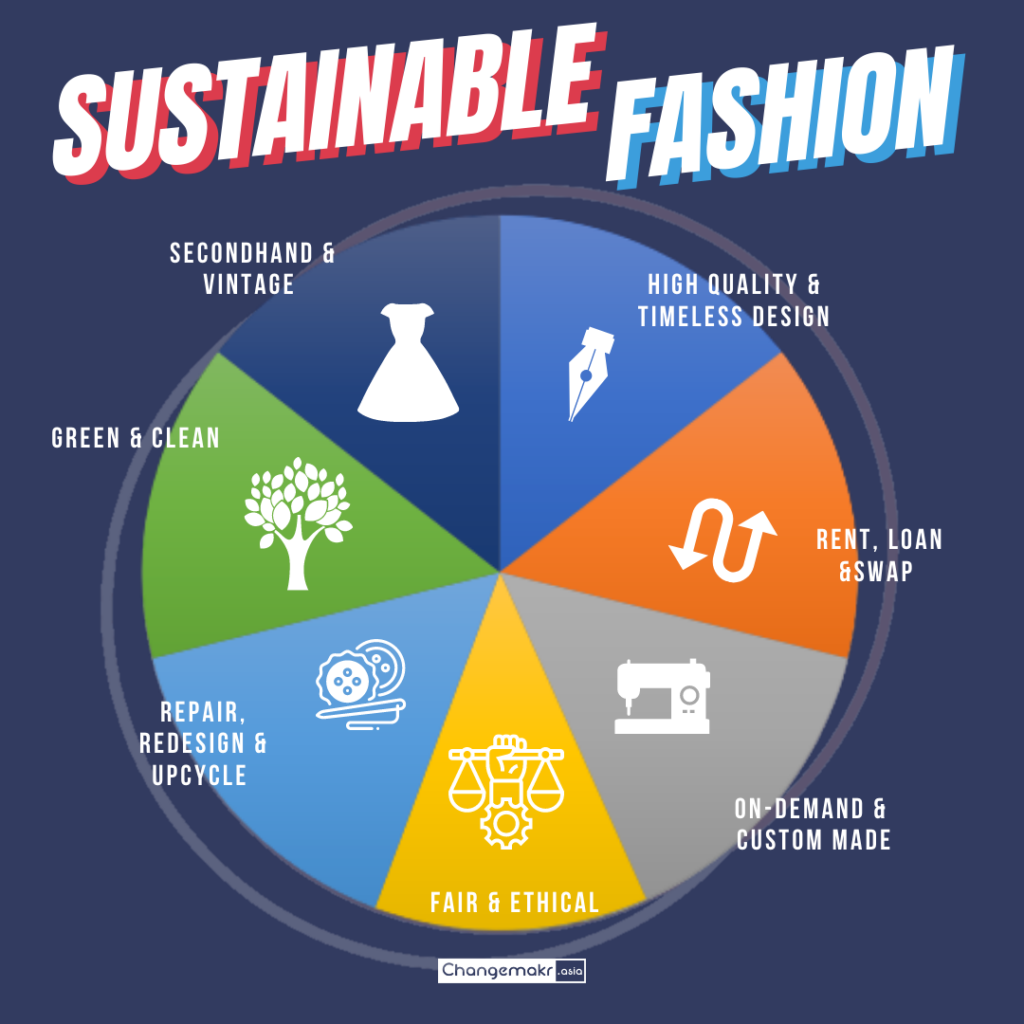
The fashion industry, a behemoth fueled by insatiable consumer desire for the latest trends, has long been criticized for its detrimental impact on the environment and ethical practices. The rise of fast fashion, characterized by rapid production cycles, low prices, and disposable garments, has exacerbated these issues. However, a growing number of fashion brands are actively challenging this unsustainable model, prioritizing ethical production, sustainable materials, and timeless designs. These brands offer a compelling alternative, not only for conscious consumers but also for the future of the industry itself.
Understanding the Fast Fashion Phenomenon
Fast fashion, fueled by the constant influx of new trends and the desire for affordable clothing, relies on a system of rapid production, low-cost labor, and often, unsustainable materials. This model leads to a cycle of overconsumption, with garments discarded after a few wears, contributing to textile waste and environmental pollution.
The Ethical and Environmental Costs of Fast Fashion
The environmental impact of fast fashion is significant and multifaceted:
- Resource Depletion: The industry consumes vast amounts of water, energy, and raw materials, often sourced from unsustainable practices.
- Pollution: Textile production generates substantial amounts of wastewater and greenhouse gas emissions, contributing to climate change.
- Waste Generation: The massive volume of discarded clothing ends up in landfills, where it can take hundreds of years to decompose.
- Exploitation of Labor: The pursuit of low prices often leads to unethical working conditions and unfair wages for garment workers.
The Rise of Sustainable and Ethical Fashion
In contrast to fast fashion’s relentless pursuit of trends, a growing number of brands are committed to ethical and sustainable practices, prioritizing:
- Transparency: Brands are increasingly transparent about their supply chains, production processes, and labor practices.
- Sustainable Materials: Utilizing eco-friendly materials like organic cotton, recycled fabrics, and innovative alternatives like hemp and bamboo.
- Durable Designs: Focusing on timeless designs and high-quality construction, promoting longevity and reducing waste.
- Fair Labor Practices: Ensuring fair wages, safe working conditions, and ethical treatment of workers throughout the supply chain.
Examples of Brands Leading the Change
Many brands are leading the charge towards a more sustainable fashion future. Some prominent examples include:
- Patagonia: Known for its commitment to environmental activism, Patagonia uses recycled materials, supports fair labor practices, and actively advocates for environmental protection.
- Everlane: This brand embraces transparency, sharing the cost breakdown of its products and sourcing materials ethically.
- Eileen Fisher: Eileen Fisher promotes sustainable practices throughout its supply chain, using organic cotton, recycled materials, and advocating for fair labor standards.
- Stella McCartney: A pioneer in ethical and sustainable fashion, Stella McCartney uses vegan materials, promotes animal welfare, and advocates for environmental sustainability.
- Veja: This brand focuses on fair trade practices and sustainable materials, using organic cotton, recycled plastic, and wild rubber for its footwear.
- People Tree: A pioneer in Fair Trade fashion, People Tree works directly with artisans in developing countries, ensuring fair wages and ethical working conditions.
Benefits of Choosing Sustainable and Ethical Fashion
Choosing brands that prioritize sustainability and ethical practices offers numerous benefits:
- Reduced Environmental Impact: By supporting brands that minimize their environmental footprint, consumers contribute to a more sustainable future.
- Ethical Consumption: Supporting fair labor practices and ethical sourcing promotes responsible business practices.
- High Quality and Durability: Investing in well-made garments often leads to longer-lasting pieces, reducing the need for frequent purchases.
- Unique Style: Many sustainable brands offer distinctive designs and high-quality craftsmanship, allowing consumers to express their individuality.
FAQs about Fashion Brands that are not Fast Fashion
Q: Are sustainable fashion brands more expensive than fast fashion?
A: While sustainable brands often have higher price points than fast fashion, this reflects the higher cost of ethical production, sustainable materials, and fair labor practices. However, the investment in quality and durability often translates to longer-lasting garments, reducing the need for frequent purchases.
Q: How can I tell if a brand is truly sustainable?
A: Look for brands that are transparent about their sourcing, production processes, and labor practices. Research their certifications, such as Fair Trade, GOTS (Global Organic Textile Standard), and B Corp.
Q: What can I do to reduce my own fashion footprint?
A: Consider these tips:
- Buy less, buy better: Invest in high-quality garments that are built to last.
- Shop secondhand: Explore vintage and consignment stores for unique finds.
- Repair and repurpose: Extend the life of your clothes by repairing them or giving them a new purpose.
- Choose sustainable materials: Opt for organic cotton, recycled fabrics, and other eco-friendly materials.
- Support ethical brands: Research brands committed to fair labor practices and environmental sustainability.
Conclusion
Choosing to support brands that prioritize ethical and sustainable practices is not simply a matter of personal preference but a crucial step towards a more responsible and sustainable fashion industry. By demanding transparency, ethical sourcing, and sustainable production, consumers can empower brands to adopt more responsible practices and contribute to a future where fashion is both stylish and sustainable. The shift away from fast fashion is not just a trend; it’s a movement towards a more conscious and ethical approach to clothing, a movement that benefits both the environment and the people who make our clothes.
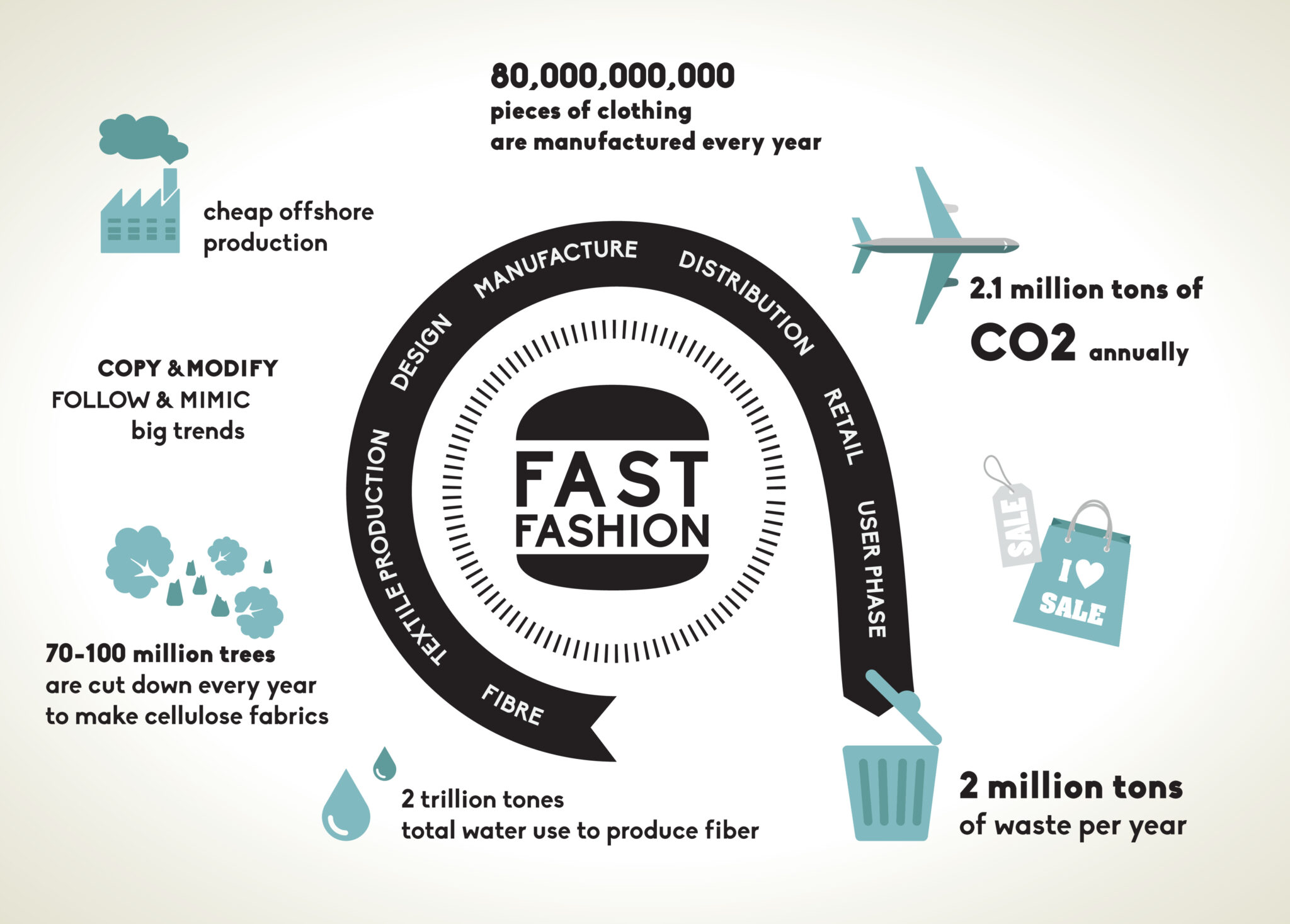
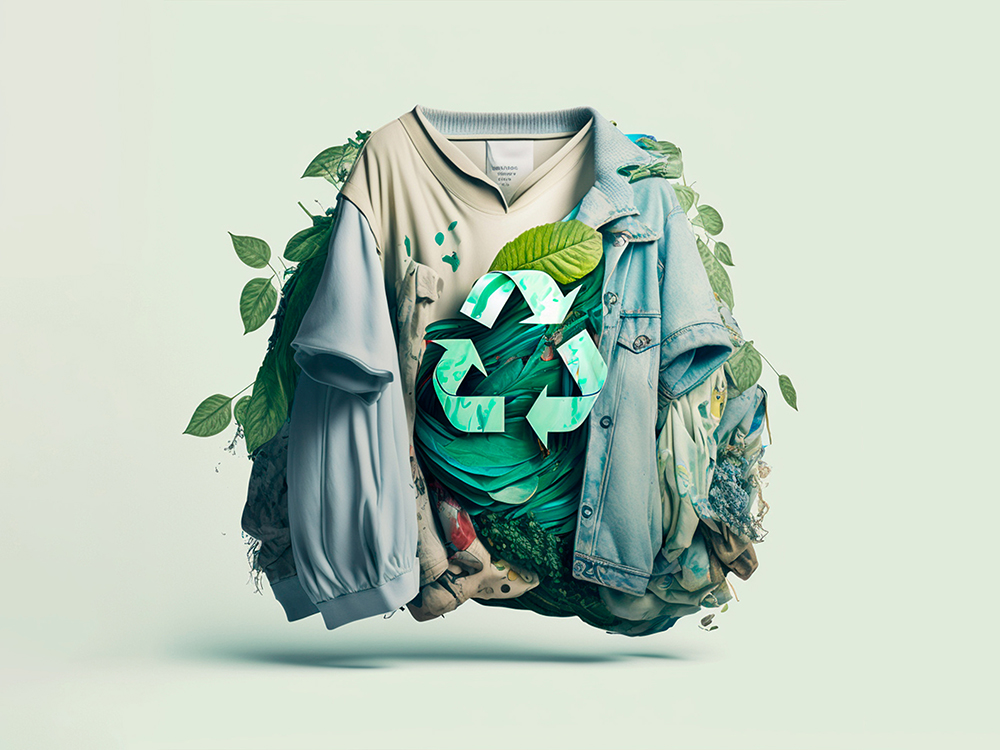
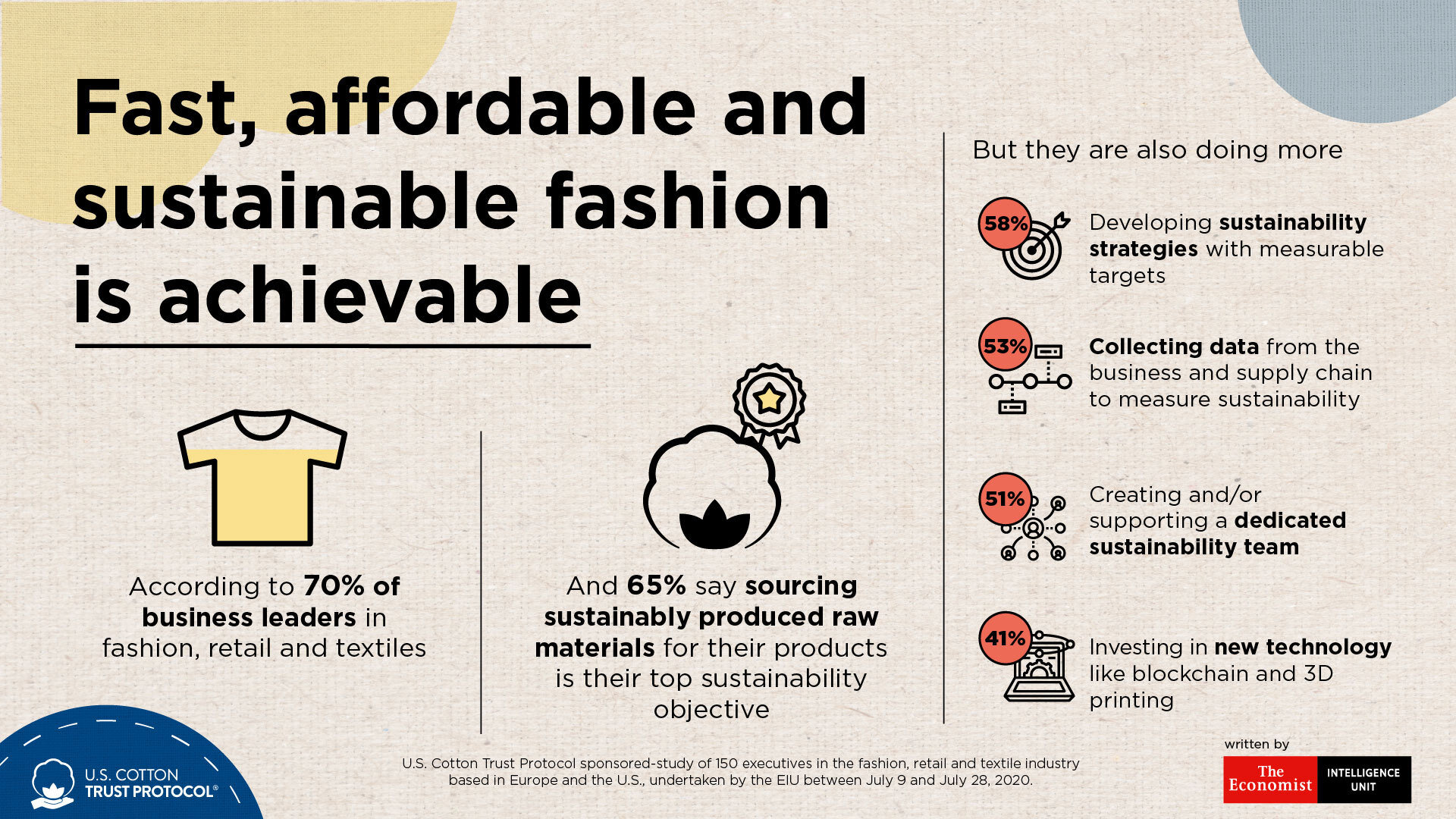
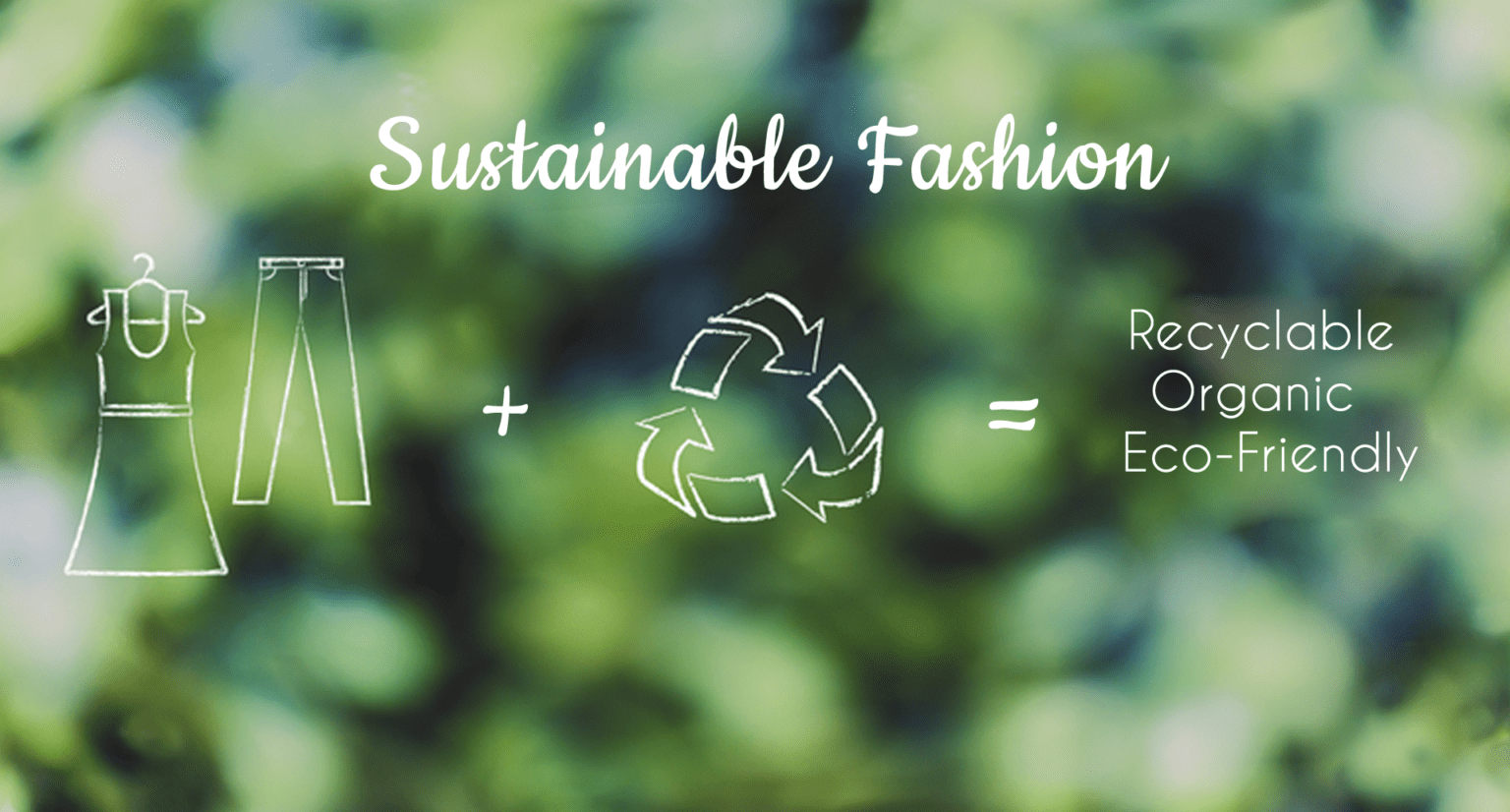

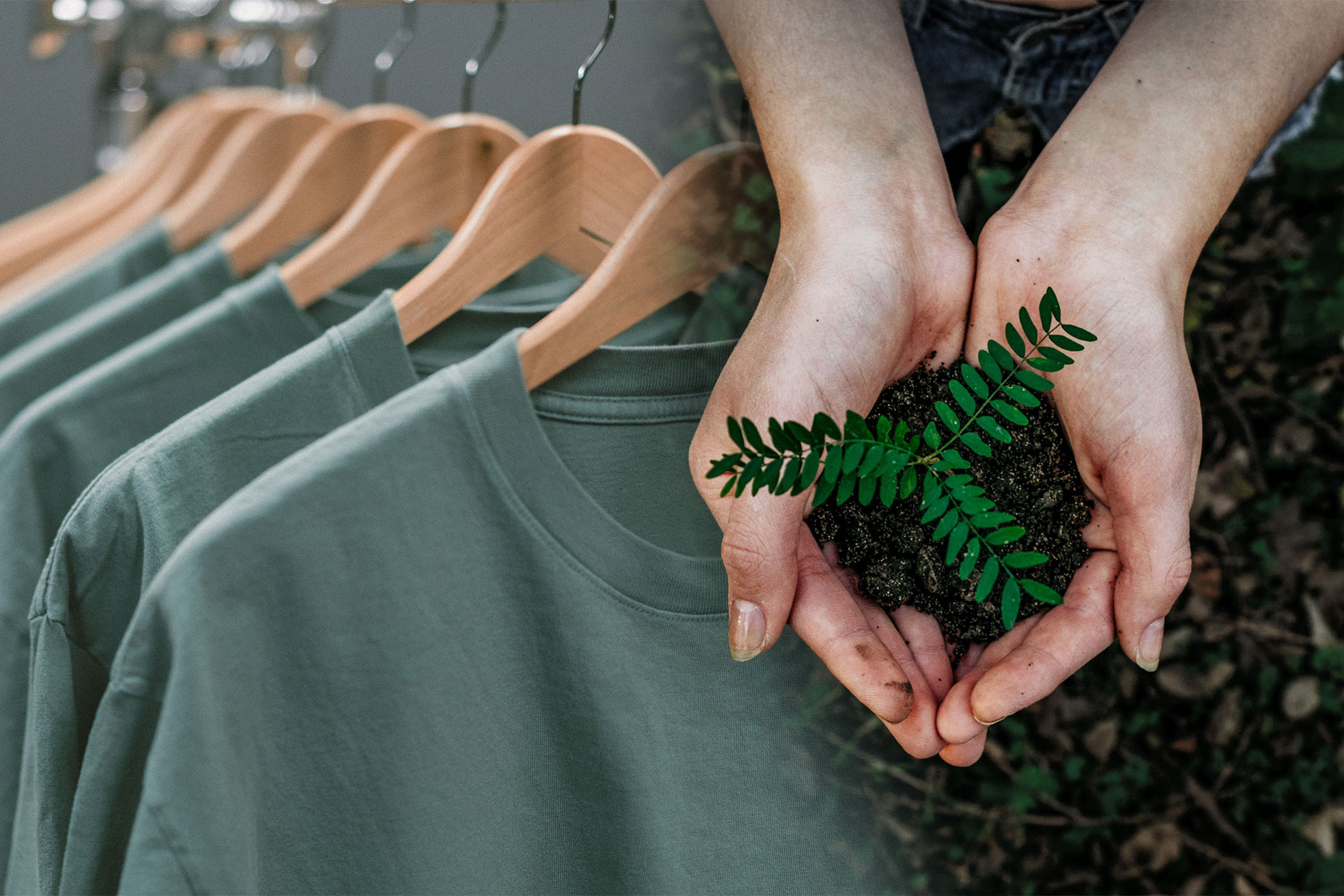

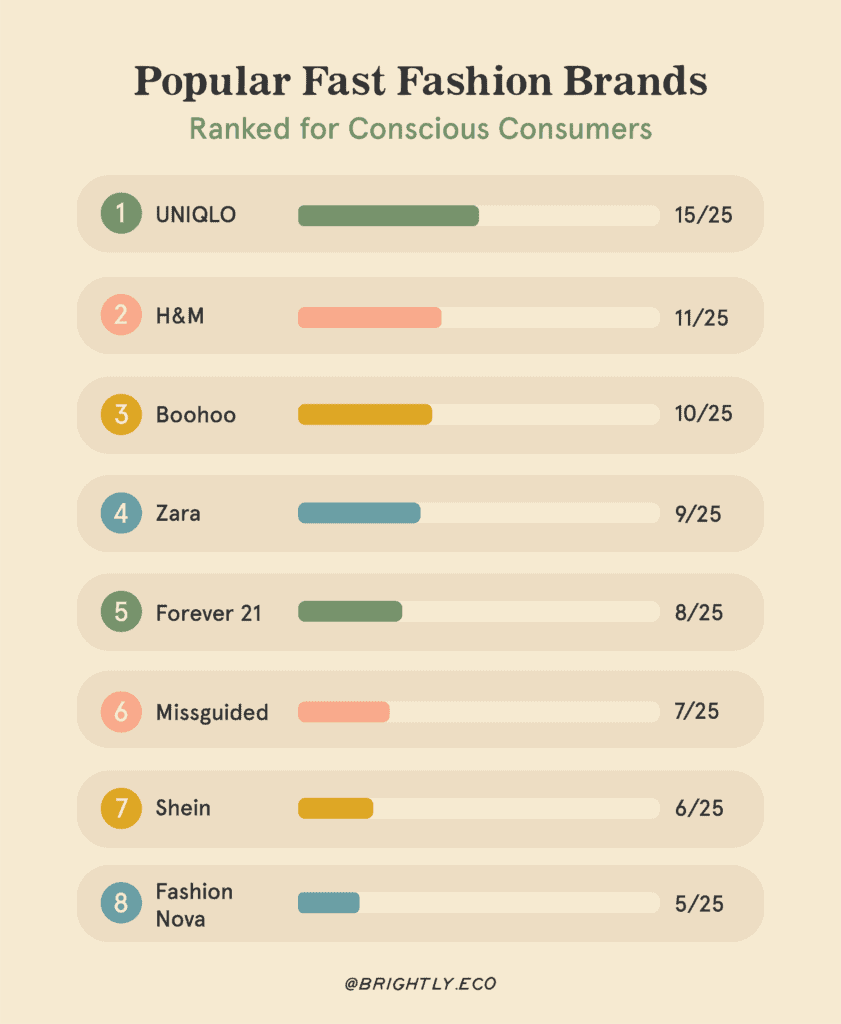
Closure
Thus, we hope this article has provided valuable insights into Beyond the Fast Lane: Exploring Fashion Brands Committed to Sustainability and Quality. We hope you find this article informative and beneficial. See you in our next article!